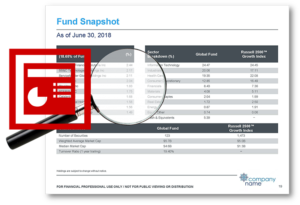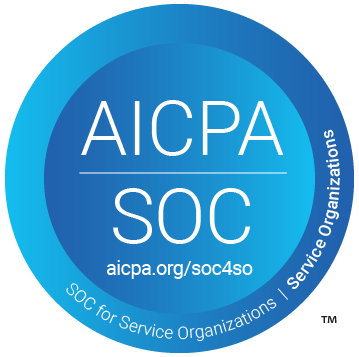How Successful Companies Achieve Excellence
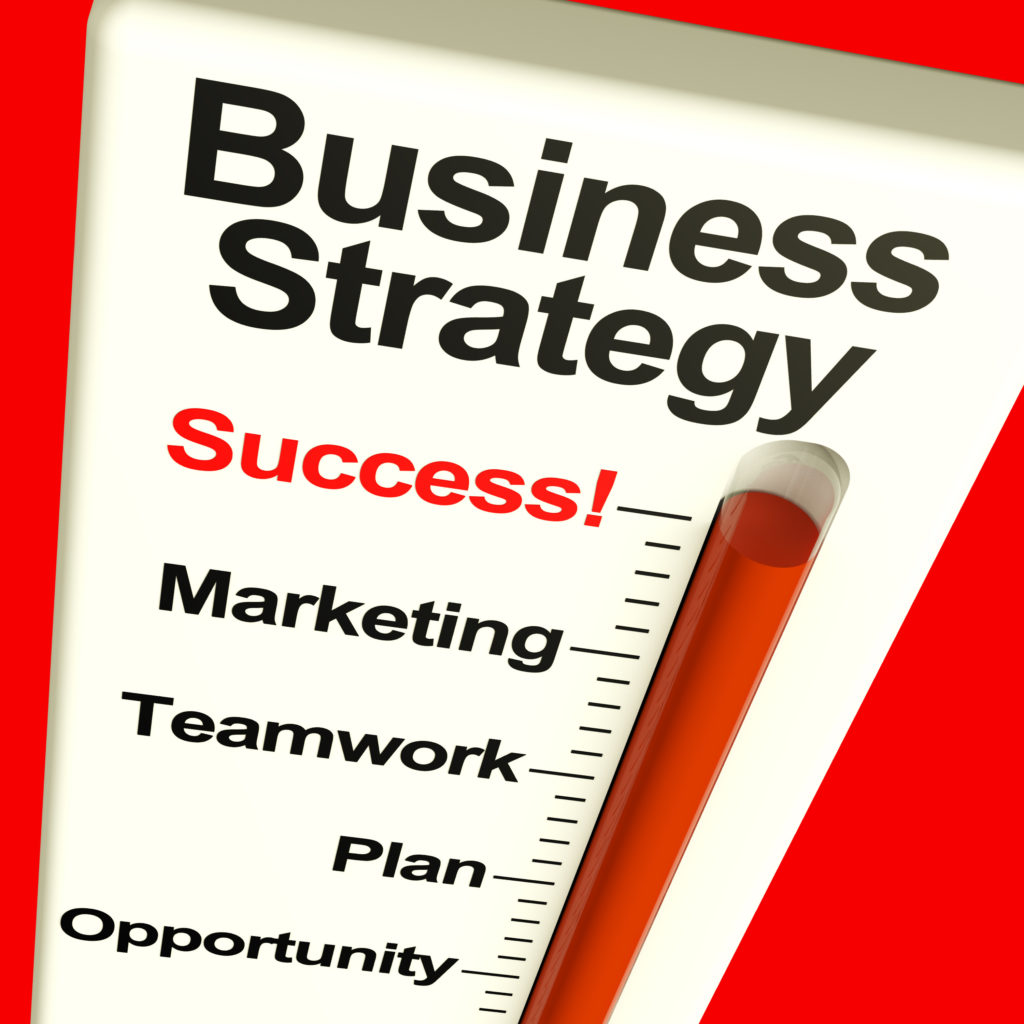
I’ve been a business owner and consultant for nearly 25 years. Over the years, I’ve become a keen observer of businesses and love to learn what makes them tick. I find myself filling out a mental evaluation card on just about any business I encounter. I’m particularly inquisitive about what makes a company great (or not) and what the key drivers of the business are. In other words, how companies achieve excellence.
Every once in a while I encounter a business that really catches my attention for the excellence they exude. I know for a fact that excellence doesn’t happen by accident. So, when I see an organization behaving in this manner, I immediately start looking for root causes and asking questions:
- What have they done to make themselves different?
- What is their hiring philosophy?
- Do they have discipline?
- What is their company culture?
- Are they really successful or just pretending?
- Are they investing in building something extraordinary or just playing for a payout?
If you learn to look for the nuances, the answers to these questions are often right in front of you.
Indiana University Hospital: The Disney Land of Healthcare
Last week I spent some time at the Indiana University Hospital supporting a family member who was having major surgery. I found out later they’d been ranked among the top 1% of hospitals in the nation two years running. Though, prior to this knowledge, I was already acutely aware of their commitment to excellence. Literally from the moment I arrived I was inundated by helpful happy people who cheerily parked my car, helped me find the patient’s room, and made sure I was well accommodated in the family waiting lounge.
The professional staff was unbelievably attentive. For instance, at each shift change, the nurses would do their hand-off in front of the patient (and family) so that everyone knew that there was continuity of care and that all the vital information was conveyed in an accurate and timely manner. That’s what I call business excellence.
When the daytime nurse was back on duty the next day, even though she was no longer assigned to our family member, she still took time to stop by and check on his progress. It was clear that she and the whole team really cared. We also noticed that the nurses’ aids were treated as real partners to the nurses.
This experience differed remarkably from the (thankfully few) other occasions I’ve had to spend time around a hospital, and this service level made a world of difference.
At one point during our visit, a professional acquaintance (who also happens to be a senior department head for the hospital) stopped by to say hello. We started asking questions about their staffing and organizational culture initiatives to find out what they were doing differently than other hospitals.
What we learned was that IU Hospital makes personality and demeanor the first priority during the hiring process.
Naturally, professional qualifications are essential for the clinical staff, but for both clinical and non-clinical staff they focus from the very beginning on building a positive team thereby avoiding the toxic effect a “downer” personality can have.
A study by Porath & Pearson indicated that when exposed to a toxic personality in the workplace, coworkers reported the following effects:
- 80% said they lost time worrying about it
- 78% said their commitment to the organization declined
- 68% said their performance declined
- 63% said they lost time avoiding the person
- 48% said it decreased their work effort
- 47% said it decreased their time at work
- 38% said it decreased their quality of work
A separate study I saw years ago illustrated that one toxic person can bring down up to 25 team members around them. Representing a small employer, as I do, this fact couldn’t be more critical. For me this means that one negative Nancy or Neil can disrupt half of my company! But even large employers should be able to look at this statistic and understand that if they aren’t constantly on their guard against toxic leadership and personalities they will be thwarted in their efforts to build organizational excellence.
The UI Hospital doesn’t take chances with their program and strives to strengthen and reinforce this culture of excellence in a couple of key ways. First, they focus on accountability and transparency. We noticed a master org chart with reporting lines and contacts adorning the staff break room on the floor. Secondly, they regularly bring in speakers and consultants to ensure the strategy is sustained and reinforced.
My family and I joked on the first day that we were at the “Disney Land of hospitals, where everyone is happy!” Turns out this was no joke since UI uses consultants and programs from the Disney Institute to help drive and sustain a successful organizational culture and value system.
It seems the moral to the story here is that the foundation for business excellence is built on hiring, developing, and retaining the best talent.
Hire on personality first, skills second
As an employer, our staffing and corporate culture strategies run parallel to that of the UI Hospital. A critical piece of the hiring process is evaluating the candidate’s personality along with few other “non-teachable” character attributes.
Over the years, we’ve learned that there are five things we can’t teach — 1) personality, 2) intelligence, 3) attention to detail, 4) drive and 5) maturity. But what we can teach is technology.
With this in mind, we emphasize and interview for these critical five intrinsic elements and then hire candidates that meet these requirements (almost regardless of their technical background) and then teach them technology and engineering via boot camp and on-the-job training scenarios. (Disclaimer: Before everyone starts sending in resumes based on this statement, please know that for our core product development team we do require that you’re an awesome java developer when you start!) Virtually every member of our organization is client-facing, so it is a critical job requirement that our employees present a positive and intelligent face.
The practice of hiring for personality first has served us extremely well. As one of the fastest-growing companies in the market sector, we’ve posted a better than 25% growth rate for the past three years. As a result, we’ve dramatically increased the size of our client services engineering team. Despite our fast growth and hiring pace, we’ve continued to earn high praise from our clients in every facet of our professional work.
Create a Company Culture of Success
Once you acquire a great employee, it’s extremely important to support and retain them. Our employee retention strategy focuses on fostering an open, positive, and empowering workplace culture. Here are some programs we’ve put in place to support this:
- Have an onboarding plan. We don’t want new hires to feel lost or isolated during the on-boarding process. We pair-up each new hire with a veteran employee to ensure they are integrated into the group. It also provides them with a point-person for questions, like a “buddy system”.
- Hold a weekly company meeting. Every Monday we order lunch for the company. Then, we provide a forum for managers and staff alike to give shout-outs to their coworkers who have done something awesome the week before. We call this the Monday “Awesome” meeting. “Awesomes” can be big or small, internal or client-facing. The goal is to make sure our employees’ accomplishments are noticed and appreciated.
- Have weekly one-on-one meetings with your employees. The one-on-one meeting is about the manager saying, “How can I help you be more successful, and here’s what we should do together to meet our mutual goals.”
- Make it easy for your employees to collaborate. We specifically work to keep teams small and collaborative, to provide continuity, and to encourage bottom-up input and direction.
- Make it easy for your employees to socialize. As a result of growth, most of our employees started eating at their desk rather than the break room. To encourage socializing, we signed up for a weekly delivery of fresh fruit and yogurt. We watched healthy snacking combined with socializing turn into a better sense of community.
Without great people, a company can never achieve excellence. The most successful companies realize this simple truth and dedicate resources to attracting, developing, and retaining its people.
Here are some related resources that might interest you:
 From the Blog: Thinking Outside the Box to Engage Financial Advisors and Grow AUM |  From the Blog: For Asset Managers, The Profit Is In The Relationship | 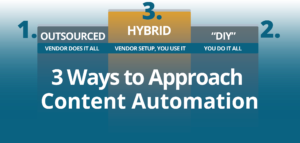 From the Blog: The 3 Ways to Approach Content Automation |



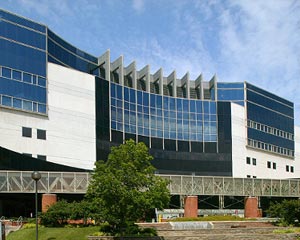
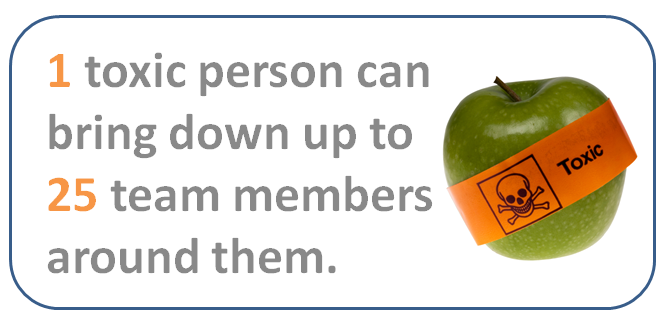

 Compare the Top 3 Finserv Content Automation Vendors [White paper]
Compare the Top 3 Finserv Content Automation Vendors [White paper] Create Pitchbooks the Drive Sales [White paper]
Create Pitchbooks the Drive Sales [White paper] Build vs. Buy: Should Your Financial Services Firm Outsource or Insource Marketing Technology? [White paper]
Build vs. Buy: Should Your Financial Services Firm Outsource or Insource Marketing Technology? [White paper]  10 Tips for Rebranding your Fund Marketing Documents [White paper]
10 Tips for Rebranding your Fund Marketing Documents [White paper]